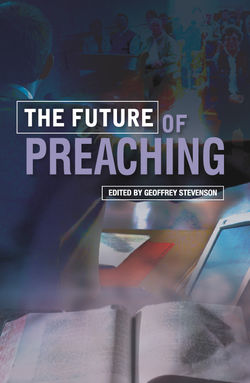Читать книгу The Future of Preaching - Geoffrey Stevenson - Страница 14
На сайте Литреса книга снята с продажи.
Оглавление5
Preaching in the Black Church
ruthlyn bradshaw
God’s ecclesia does not come in colours and tribes. However, for analytical purposes, it is necessary that one recognizes the role of culture and ethnicity and their impact on certain activities – in this case preaching.
In addressing Muslims in Egypt recently (June 2009), US President Barack Obama drew on his Muslim connections and African-American heritage to more effectively connect with his audience. His use of phrases in the language of the people added authenticity and richness to his speech. Ethnicity and culture help to define us and what we do and how we do it.
Africans, for instance, have an innate love of rhythm, and this is evident in their worship style, which is a dramatic contrast to the style in an Anglo-Saxon congregation. Thus preaching style and content cannot be separated from the culture of a people. While there is no inherent difference in the essence of Christianity there is a difference in how it is expressed.
The black church defined
Definition is one of the main difficulties when talking about the black church, as there is no simple undisputed definition for this term. Definitions vary depending on the context. Formulating a term acceptable to all that captures the full meaning and essence of the black church is nigh impossible. Over the years several labels have been used to define or describe churches with a black majority following and just as many objections have been lodged to disqualify using them. At present, the term ‘Black Majority Churches’ originating in the UK seems to have superseded all other terminologies and is widely used as an acceptable description.1
